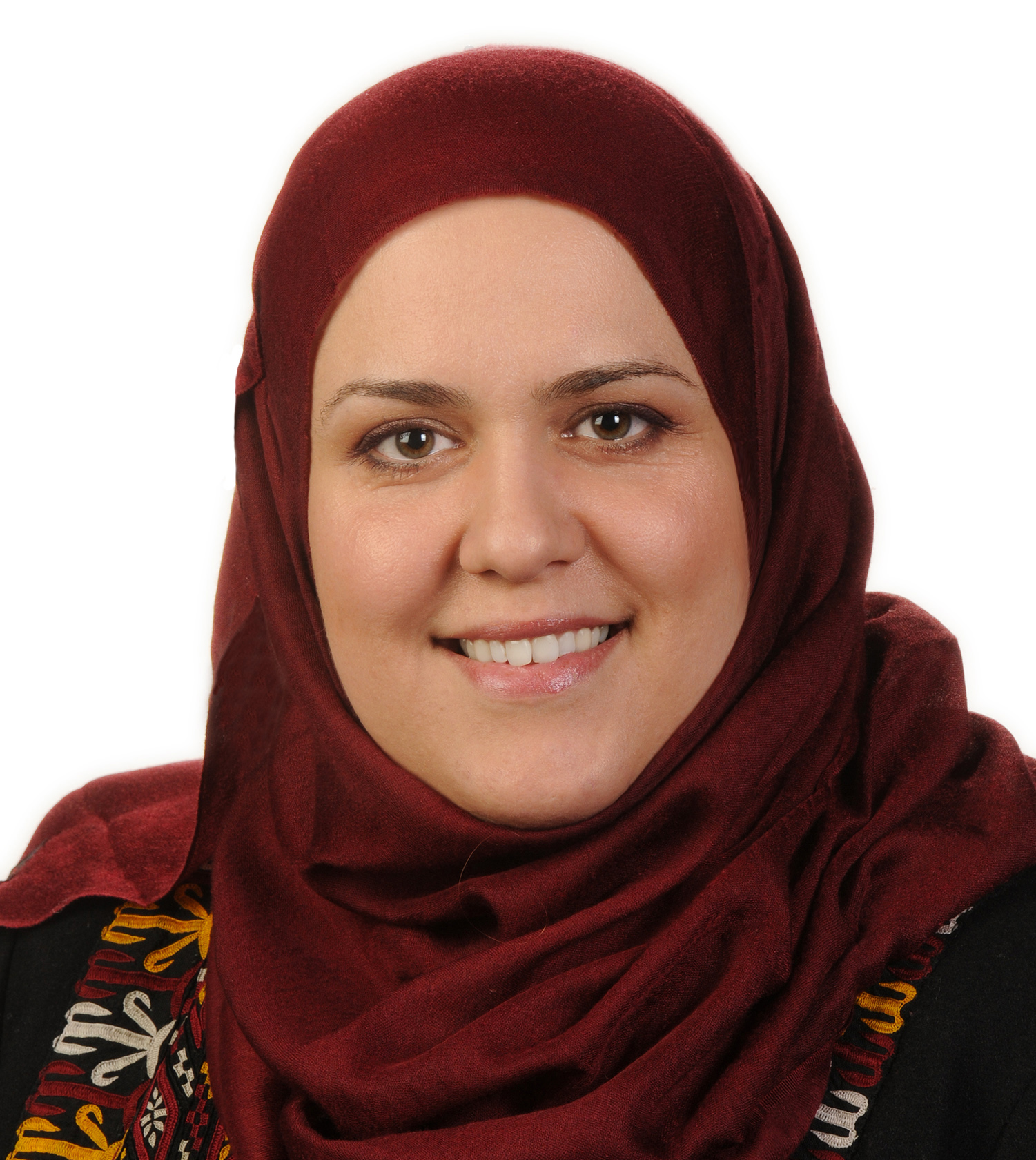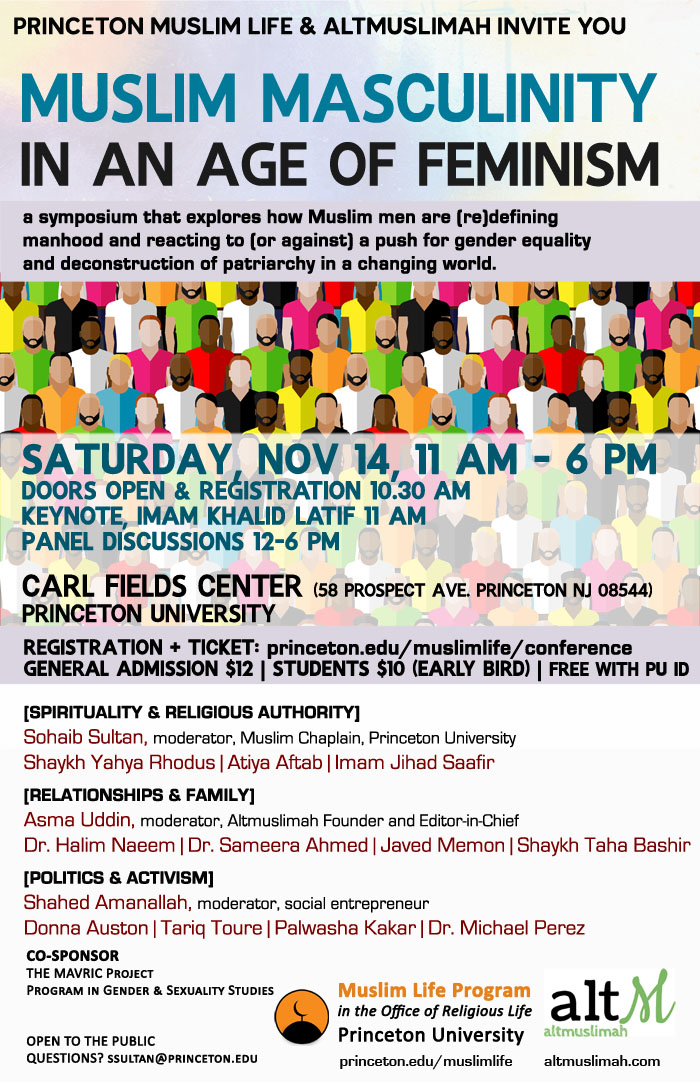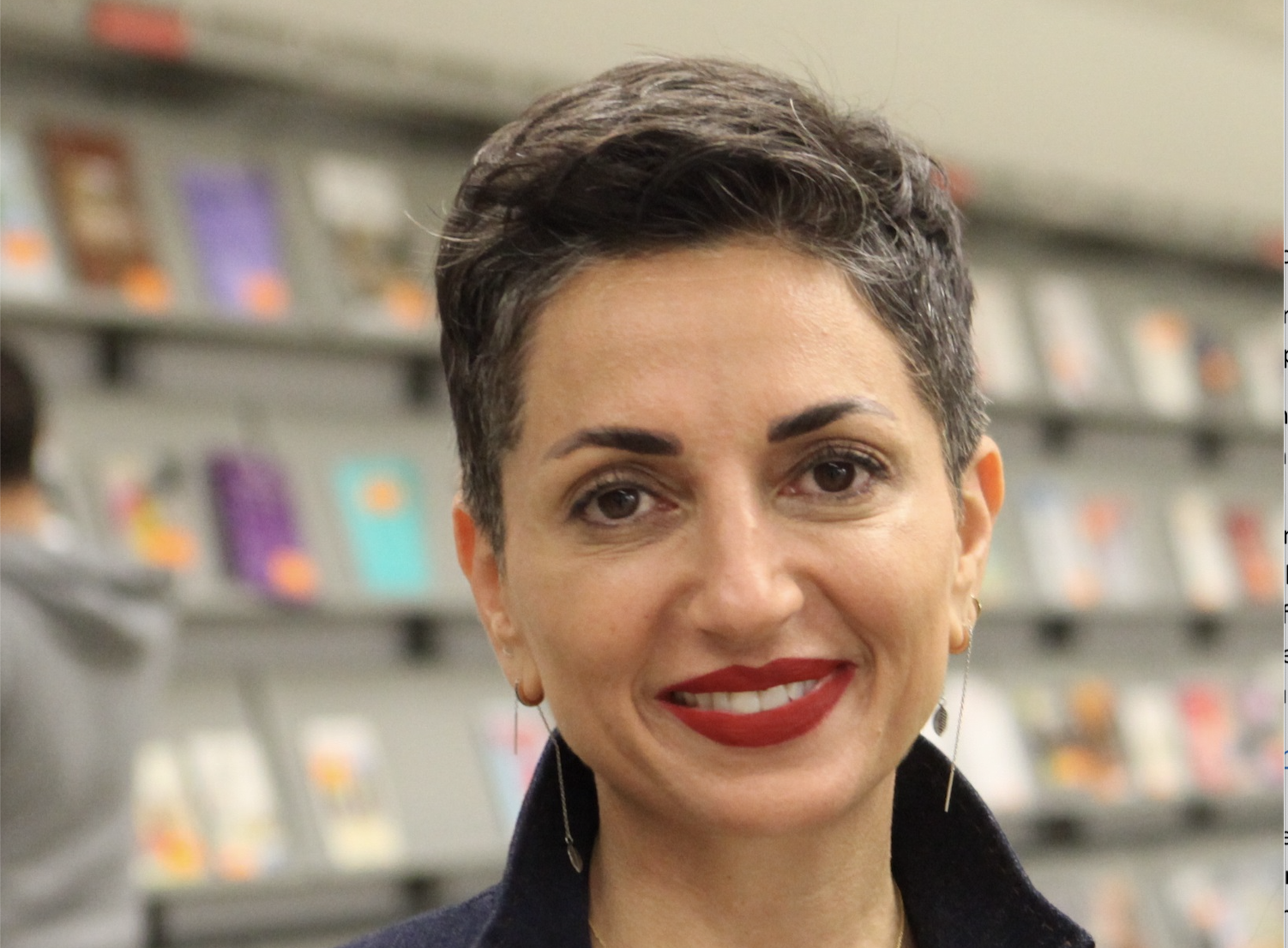I was born the year the Soviets invaded Afghanistan—an invasion that started the international call for “jihad” to liberate the Muslim country from the Oppressors. As an Afghan American, I could see the men in my family struggle with this Islamic duty to defend their home and country. Did they have to take up arms? Was providing safety for their family enough? Should they focus on education and efforts for the next generation? Although women took up arms in small numbers, the onus was on Afghan men to fight. The “jihad” to take up arms and fight the oppressor was inculcated as men’s religious duty, reinforced by the Friday sermons; the community; and the schoolbooks for children in the refugee camps. Sayed Jamaluddin Afghani’s pan-Islamism and the concepts of Dar-ul-Harb verses Dar-ul-Islam resurfaced to evoke men’s responsibility, as the head of their household, to decide their family’s role vis-a-vis the global Ummah context.
Echoes of this religious duty of “jihadi” call to arms still reverberate in Afghanistan and the Muslim world today. And these ideas continue to strengthen and grow in force. The Taliban continue to call men, especially young men, to fulfill their manly duties by joining the “jihad” against injustice and foreign invasion in Afghanistan. The Taliban have taken up similar religious “jihadi” rhetoric of the Afghan mujahideen of earlier days to encourage joining the cause to become martyrs for the rewards of “hoories” (virgin maidens) in heaven.
ISIS/DAESH has taken this to another level. Not only does it promise martyrdom and maidens in the Hereafter, but it also promises immediate gratification in this life. By living in the “Dar ul Islam,” ISIS fighters are rewarded with money, wives, and slave women. They are promised with the glory of fighting the jihad with depictions of manliness, fulfilling the role as the male protector fighting injustice so prevalent not only in Islamic rhetoric but also in Hollywood movies of vigilantes fighting for justice.
As we look for solutions to end violent extremism in our communities, we need to take serious stock not only of the larger worldview of defining an Islamic community but also gender roles. Gender roles and masculinity are drivers in extremist violence. Solutions to violent extremism need to incorporate peaceful masculinities in order to be long term solutions. Religious actors play an important role in defining and reshaping peaceful masculinities as they have in advocating violent masculinities and must be included in the process.
The Prophet Muhammad (pbuh) did domestic chores, including childrearing, alongside his wives. He (pbuh) also took seriously his wives’ roles in politics and education. And yet the predominant conception of Islamic masculinity –the one being promoted in conflict-ridden areas—is of the man who is harsh and violent instead of loving.
Part of the project of redefining masculinities is providing emotional support to men and boys, and religious actors are best-positioned to provide this support. Challenging and reforming these structures supporting violent masculinities will be a long-term endeavor.
And most importantly, policy and programs on masculinities should be pursued in addition to, and not at the expense of, increasing resources and political will to implement commitments under the women, peace and security agenda.
Palwasha Kakar will be presenting at the Muslim Masculinity in an Age of Feminism conference:






